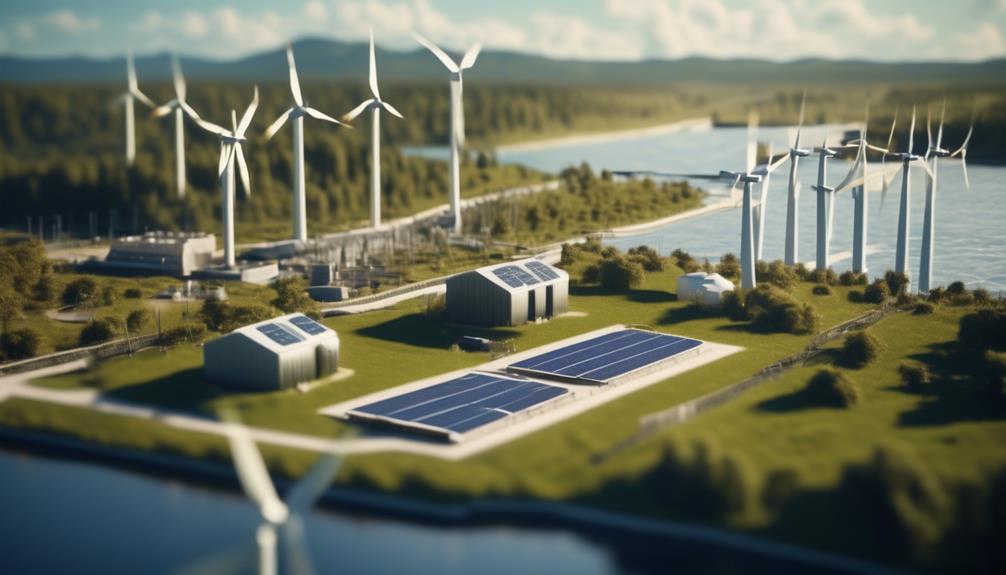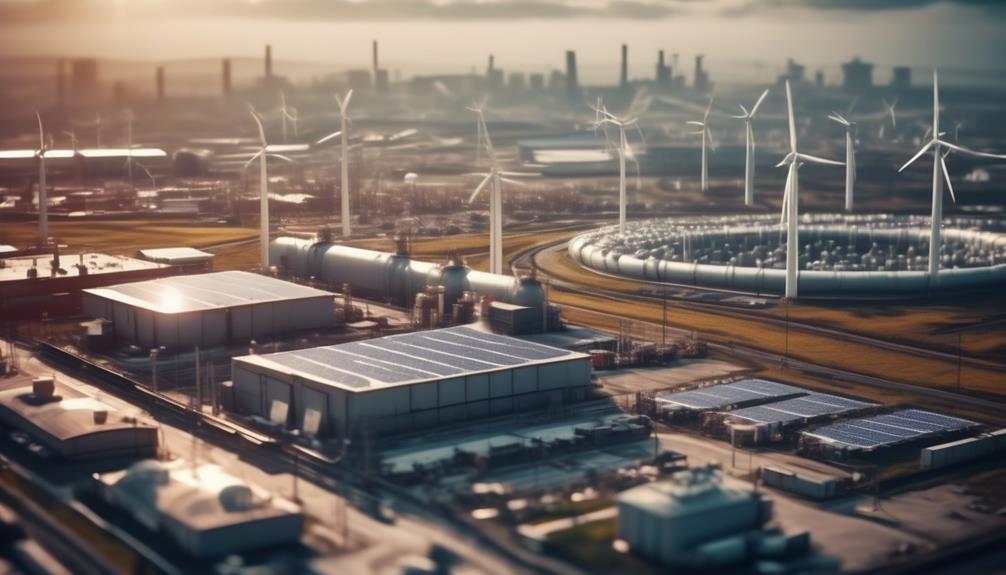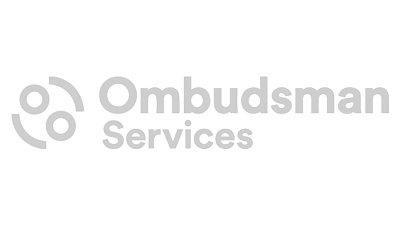In the swiftly changing realm of business, leaders and decision-makers are constantly in pursuit of strategies that not only bolster competitiveness but also align with the evolving expectations of consumers and regulatory standards.
The pivot towards sustainable energy solutions represents a key area of focus, offering avenues for cost efficiencies, enhanced brand reputation, and contribution to environmental preservation. However, navigating the transition to these greener practices comes with its own set of challenges, from initial investment hurdles to integrating these systems seamlessly into existing operations.
Drawing upon years of experience in the field of sustainable business practices, this discussion aims to demystify the process of optimising sustainable energy within your business operations. By addressing common obstacles and showcasing practical strategies, we aim to equip you with the knowledge needed to make informed decisions that benefit not only your bottom line but also the planet.
As we delve deeper into the intricacies of sustainable energy adoption, rest assured that the insights shared will pave the way for a more efficient, responsible, and competitive business model, encouraging you to read on and explore the transformative potential of sustainable energy in your business.
Understanding Sustainable Energy Needs
Understanding sustainable energy needs is crucial for businesses seeking to optimise their energy consumption and reduce their environmental impact. Energy efficiency is a critical aspect of sustainable energy needs, as it involves optimising energy consumption to minimise waste and improve overall system performance.
By integrating renewable energy sources and enhancing energy efficiency, businesses can significantly reduce their environmental footprint while also achieving cost savings.
Furthermore, optimising energy consumption involves the use of advanced systems and technologies such as machine learning and data analytics to accurately predict energy demand and improve the scheduling of energy generation. This strategic approach not only enhances sustainability but also improves the reliability of energy systems, reducing downtime and optimising maintenance schedules through predictive maintenance.
Implementing Energy Management Solutions
To effectively address sustainable energy needs, businesses must implement energy management solutions that optimise energy consumption and reduce environmental impact while aligning with regulatory requirements and operational efficiency. Implementing energy management solutions is crucial for businesses aiming to reduce energy costs and minimise their environmental footprint. This involves leveraging energy optimisation strategies and technologies to gain insights into energy consumption patterns and identify areas for improvement.
Key aspects of implementing energy management solutions include:
- Utilising energy monitoring software and Smart HVAC systems to track and optimise energy usage in real-time.
- Ensuring compliance with energy efficiency regulations and reducing greenhouse gas emissions through the adoption of energy-efficient technologies.
- Conducting regular maintenance and optimisation of HVAC systems to achieve substantial energy savings and enhance operational efficiency.
Leveraging Renewable Energy Sources
Leveraging renewable energy sources presents a strategic opportunity for businesses to achieve sustainable and cost-effective energy solutions while reducing their environmental impact. Integrating renewable energy, such as solar panels and wind turbines, into business operations can significantly optimise energy consumption and lead to substantial energy savings. Additionally, the implementation of smart building management systems and energy-efficient HVAC technologies further contributes to reducing operational costs and environmental impact. For example, utilising energy-efficient lighting systems, like LED lighting, not only reduces energy usage but also minimises maintenance expenses. Real-time monitoring and control of energy consumption through advanced technologies enable businesses to identify areas for improvement and enhance energy efficiency, ultimately contributing to a sustainable future. Collaborating with suppliers and stakeholders to promote energy-efficient practices and sustainable initiatives is essential in reducing overall energy consumption and carbon footprint. The table below illustrates the key benefits of leveraging renewable energy sources and integrating sustainable practices into business operations:
| Benefits | Description |
|---|---|
| Cost-Effectiveness | Renewable energy solutions offer long-term cost savings through reduced energy expenses. |
| Environmental Impact | Integration of renewable energy reduces carbon footprint and supports environmental sustainability. |
| Energy Optimisation | Renewable energy sources optimise energy consumption and contribute to energy savings. |
| Stakeholder Engagement | Collaboration with suppliers and stakeholders promotes sustainable initiatives and energy-efficient practices. |
| Operational Efficiency | Integration of smart building management systems and energy-efficient technologies enhances operational efficiency. |
Developing Energy Efficiency Strategies
Developing energy efficiency strategies is a critical endeavour for businesses seeking to optimise operational costs, enhance sustainability, and bolster their competitive positioning in the market. To achieve this, businesses should focus on the following key strategies:
- Implement Smart Building Energy Solutions: Utilise technology-driven solutions such as intelligent lighting systems and smart thermostats to optimise energy usage in office buildings. These solutions offer precise control over energy consumption, contributing to significant cost savings and reduced environmental impact.
- Employee Engagement for Energy Savings: Engaging employees in energy-saving practices is crucial. Implementing training programs and creating awareness about energy conservation not only encourages a culture of sustainability within the organisation but also leads to tangible reductions in energy usage.
- Data-Driven Energy Management: Employ effective monitoring and control mechanisms to gather and analyse energy consumption data. This data-driven approach helps identify potential areas for optimisation, allowing businesses to make informed decisions that result in substantial energy savings and improved operational efficiency.
Monitoring and Tracking Energy Consumption
Monitoring and tracking energy consumption is a fundamental aspect of sustainable energy optimisation in business operations. It allows for the identification of areas of energy waste and the implementation of efficiency improvements.
To achieve this, businesses should conduct a comprehensive energy audit. This audit is necessary to gather energy usage data and identify potential areas of improvement.
Implementing real-time monitoring systems enables the collection of accurate and real-time data on energy. This facilitates the early detection of anomalies and the identification of potential equipment failures.
Leveraging data analytics plays a crucial role in maximising energy efficiency. It allows businesses to set measurable energy performance indicators (EnPIs) and track progress effectively.
This strategic approach empowers businesses to reduce their energy consumption, lower operational costs, and minimise environmental impact.
Engaging employees and providing training on energy-saving practices further strengthens the monitoring and tracking process. It creates a culture of energy consciousness within the organisation.


















